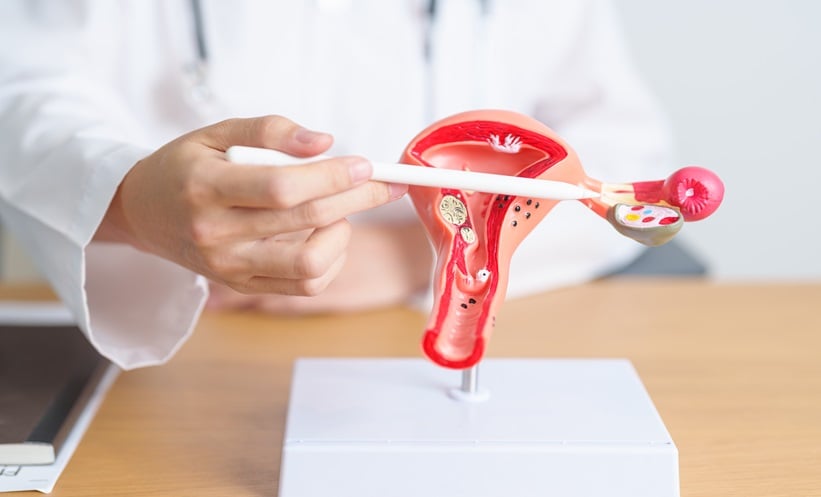TRANSFORMER-BASED deep learning models have demonstrated expert-level accuracy in diagnosing ovarian cancer from ultrasound images, with the potential to reduce unnecessary interventions and improve clinical outcomes. Ovarian lesions, commonly detected incidentally, pose significant diagnostic challenges due to a global shortage of expert ultrasound examiners. This shortage raises concerns about delayed cancer diagnoses and the risk of unnecessary medical interventions. Advances in artificial intelligence (AI) offer promising avenues to address these challenges, particularly in leveraging deep learning for image-based diagnostics. This international multicentre retrospective study sought to develop and validate transformer-based neural network models for detecting ovarian cancer using a diverse and extensive dataset.
The study utilised a dataset comprising 17,119 ultrasound images from 3,652 patients across 20 centres in eight countries. A leave-one-centre-out cross-validation approach was employed, training each model using data from all centres except the one under evaluation. The transformer-based models exhibited robust performance, significantly outperforming both expert and non-expert examiners across a range of metrics, including F1 score, sensitivity, specificity, accuracy, Cohen’s kappa, Matthew’s correlation coefficient, diagnostic odds ratio, and Youden’s J statistic. Notably, a retrospective triage simulation demonstrated that AI-driven diagnostic support reduced referrals to expert examiners by 63% while achieving superior diagnostic accuracy compared to current clinical practices.
These findings underscore the transformative potential of AI in ovarian cancer diagnostics. Transformer-based models offer a scalable and effective solution to the critical shortage of expert ultrasound examiners, enabling timely and accurate diagnoses. Integrating such AI-driven diagnostic tools into clinical practice could not only alleviate resource constraints but also improve patient outcomes by reducing unnecessary interventions and ensuring earlier detection of ovarian malignancies. Future research should focus on prospective validation, real-world implementation, and integration strategies to maximise clinical impact and address potential ethical and operational challenges.
Abigail Craig, EMJ
Reference
Christiansen F et al. International multicenter validation of AI-driven ultrasound detection of ovarian cancer. Nat Med. 2025. DOI: 10.1038/s41591-024-03329-4.








